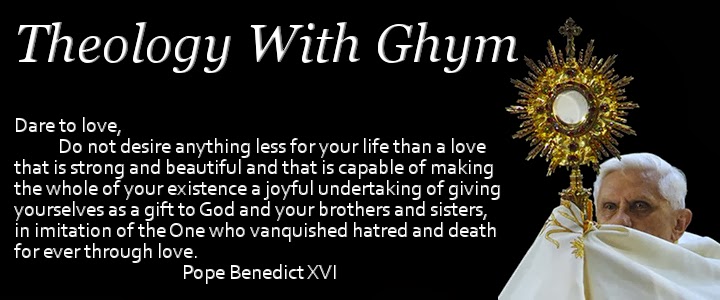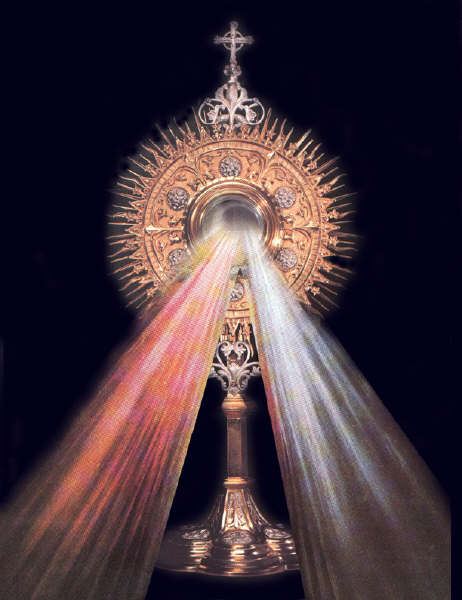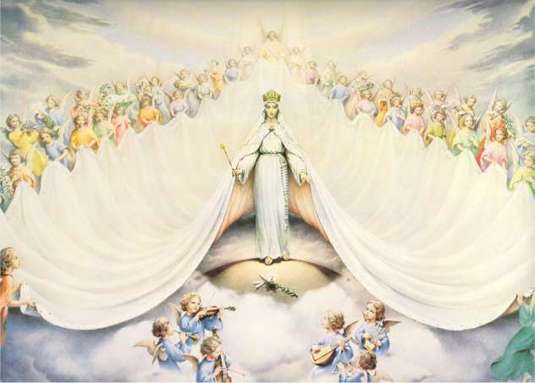Ok, never mind.
You don't need to send me money. I'll just tell you. I usually fall far short of it, i'm trying, but it's hard. You see, meaning is tied to purpose. Everything has a purpose and the meaning of existence is to fulfill that purpose. This may seem subtle, but i'll ellaborate.
As humans, there are three big questions we tend to ask. Most everything else is just a version of these. Every answer we seek is the counterpart to one of them; What, How and Why.
What is the most basic question of all? What is the most basic question of all. That's the answer, what. The most basic question of all is, what. What is this thing? What is it called? What is it made of? What defines it? You are a person, a human being. You're made of carbon and water and a few grams of various other minerals, and something else. It is this union of the something else to the material that defines you. There are billions of people, but only one of you. Each person is a union of body and soul, and this distinguishes us from everything else. Angels have souls but no bodies. Animals have bodies but no souls. (They have temporal spirits, but that is very different.)
Only human beings are made in the image and likeness of God. This image is stamped on our souls, our souls are joined to our bodies and we are made the manifestation of God's power on earth. (See post from last week.) As human beings we are defined by the image we bare and this joining of conflicting elements. As individuals, we are distinguished by our souls and the individual vocations to which each of us is called. Your body could be duplicated and your memories downloaded into its brain; but you would still be distinct, you would still be different. Your soul and your vocation, your calling, are unique to you.
How! This is the second question. Science loves asking this question. Although, it really only got popular with the enlightenment, when people lost sight of their priorities. Understanding how something came to be and how it works can tell us how to control it. Answering the question of how grants power, and science loves power. This isn't true understanding, it falls short of answering the final question. In Genesis we find an answer to the question of how. It's an extremely simplified answer, but it is all we really need. God did it. We can push further and ask how God did it, and there is nothing wrong with this, but it is not particularly important. In order to move on to the final question, all we need to know is that God did it. Pushing further into the how must not distract us from the why.
Why did God do it? Why am i here? The why informs purpose. Darwinism, materialism, modern enlightenment thinking says there is no real reason. It was just random chance, happenstance. Just the natural result of causality, like the rain or the sunshine. The only purpose is to exist, and then you die. Yea...
Jesus gives a better answer. In fact, He shows us. As He suffers and as He dies, He proclaims the very purpose of our lives. Two-thousand years ago, upon a cross, God gave Himself for us and He now gives Himself to us every day in the Eucharist. Through Scripture and Tradition , He tells us to do likewise.
(John 13:34)
We were not placed here to pursue just any-old-good for ourselves, we were placed here to pursue the good of others. When we imitate Christ, and give ourselves for the good of the world we discover our true purpose, the very meaning of our lives. This is the greatest good we could ever hope to procure.
We were placed here to love as Christ loved. To love the old man across the street. To love the single mother we pass in the store. To love the unborn child, waiting to be born.
We love others when we place their needs before our own. When we desire what is best for them and pursue it without concern for ourselves. When we accept, from God, a "new heart" which "will make it possible to appreciate and acheive the deepest and most authentic meaning of life: namely, that of being a gift which is fully realized in the giving of self." (Blessed Pope John Paul II, Evangelium Vitae, 49 [emphasis in original])
I fail in this on a daily basis. But occasionally i succeed, and every time i do i rediscover its truth. I cannot prove my claim philosophically, but it is easy to demonstrate. Find an opportunity to love someone who has no chance to reciprocate. Take a leap of faith, you won't regret it.
True happiness is this, to love abundantly, with no concern for your own happiness.
Then the Jews began to argue sharply among themselves, “How can this man give us his flesh to eat?”
Jesus said to them, “Very truly I tell you, unless you eat the flesh of the Son of Man and drink his blood, you have no life in you. Whoever eats my flesh and drinks my blood has eternal life, and I will raise them up at the last day. For my flesh is real food and my blood is real drink. Whoever eats my flesh and drinks my blood remains in me, and I in them. Just as the living Father sent me and I live because of the Father, so the one who feeds on me will live because of me. This
is the bread that came down from heaven. Your ancestors ate manna and
died, but whoever feeds on this bread will live forever.”



